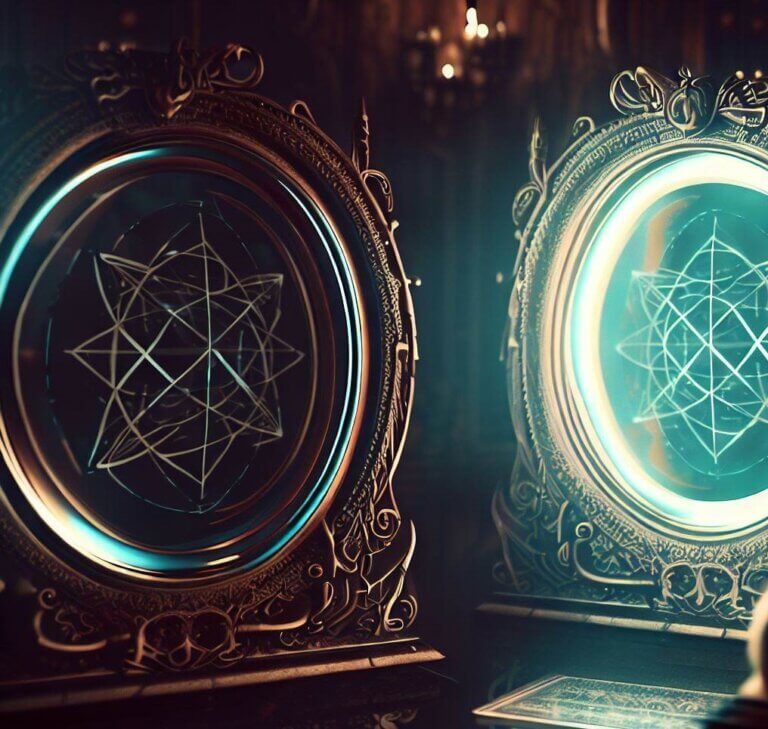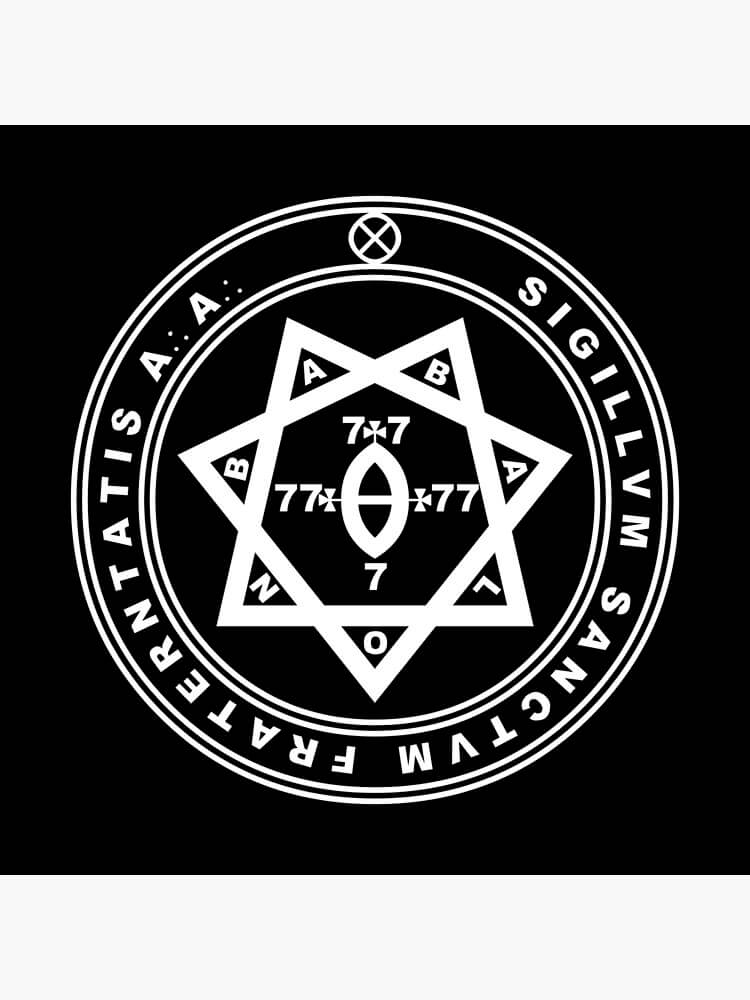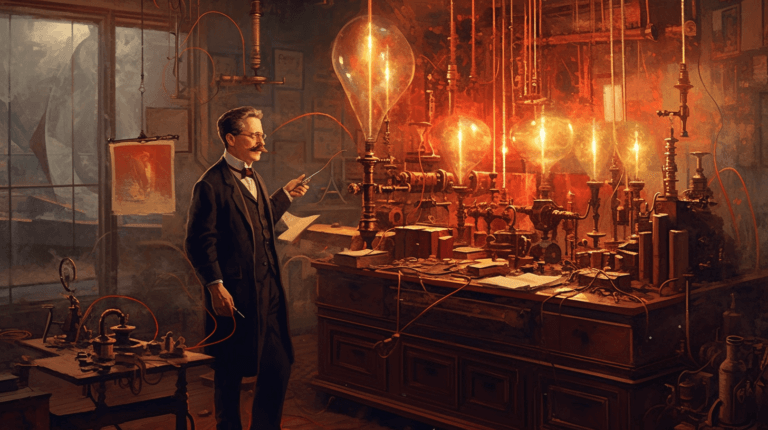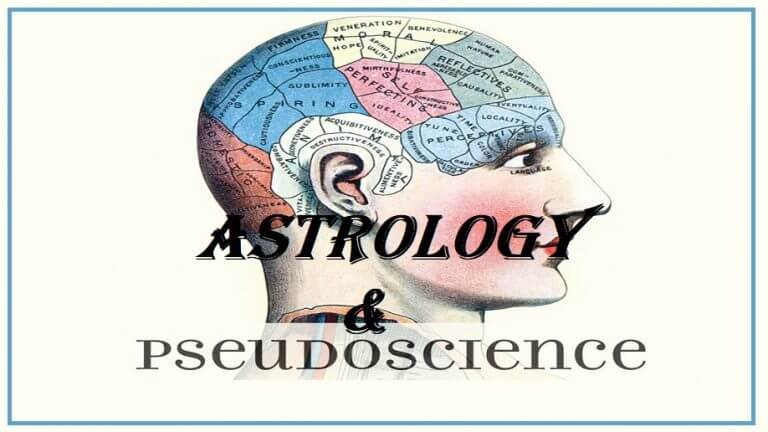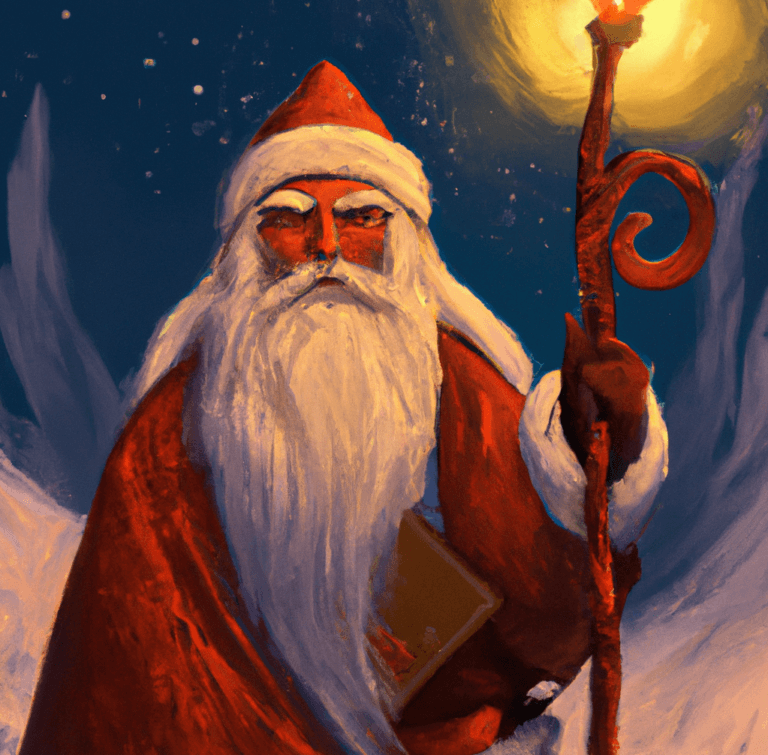Occult Influences and Practices Among the Allies of World War II
Introduction: Nope, Not About Nazis!
When discussing the occult influences during World War II, the focus is often on the Axis powers, particularly Adolf Hitler and the Nazi regime. However, it is important to acknowledge that elements of the occult were also present among the Allies. While not as prominently displayed or openly embraced, occult beliefs and practices did play a role in the lives of certain individuals within the Allied nations. This article aims to shed light on some of these lesser-known aspects and explore the occult influences within the Allied forces.
British Occultism and the Intelligence Agencies:
In Britain, occultism held a certain fascination among intellectuals and influential figures, including members of the intelligence agencies. One notable example is the British Intelligence officer, Dion Fortune. Fortune was involved in magical and occult practices and believed in the use of psychic abilities to aid the war effort. She established the Society of the Inner Light, an esoteric organization that aimed to use metaphysical knowledge to protect Britain from psychic attacks by the enemy.
Winston Churchill and Astrology:
Winston Churchill, the Prime Minister of Britain during the war, was known to consult astrologers for advice. While Churchill did not base his decisions solely on astrological readings, he appreciated the insights they offered. He reportedly received regular astrological forecasts from his friend, Pamela Colman Smith, a prominent tarot card reader and artist.
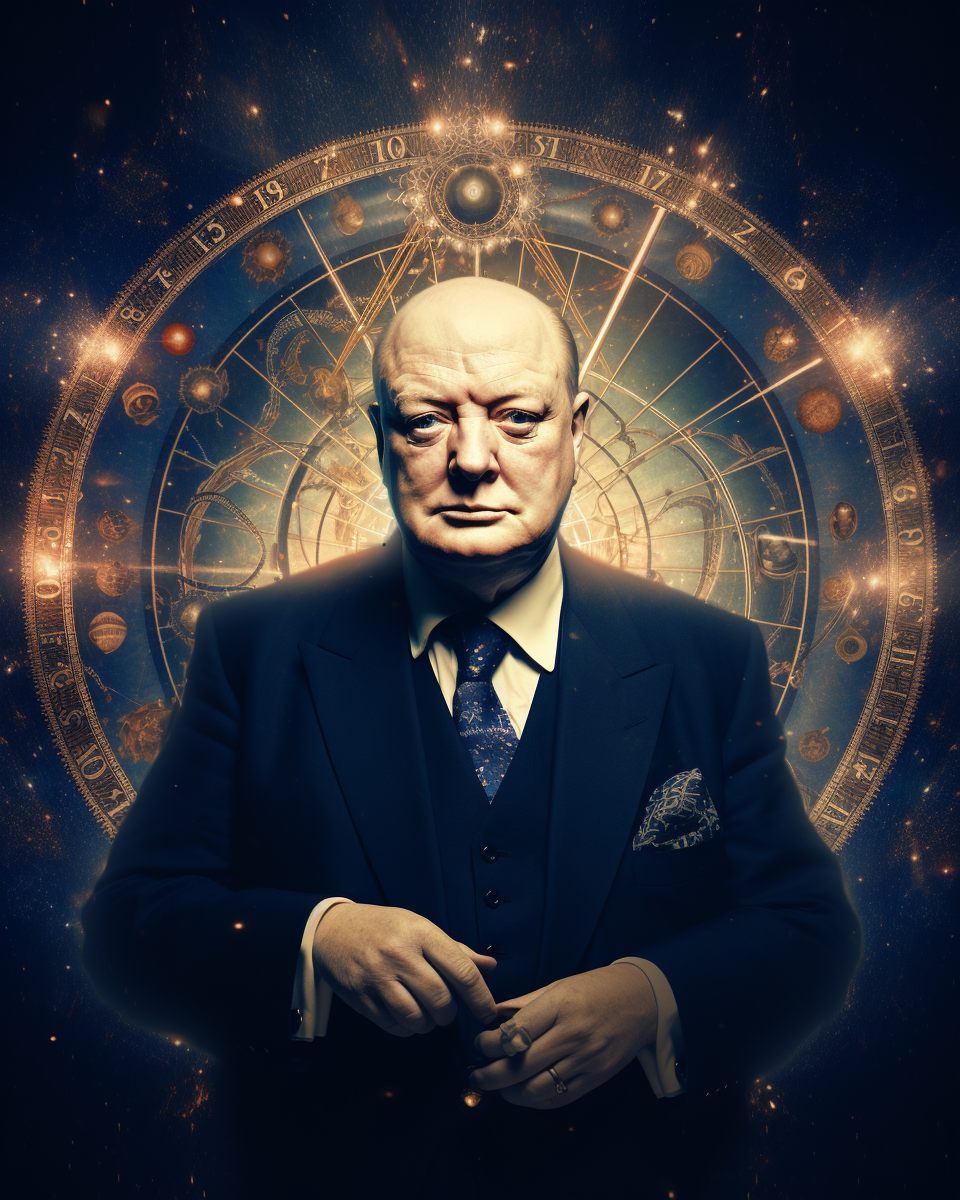
Operation Cone of Power:
In 1940, a group of British witches, known as the “New Forest Coven,” performed a magical ritual called “Operation Cone of Power” to prevent a Nazi invasion. Led by Gerald Gardner, a well-known figure in the modern witchcraft movement, the coven conducted a ceremony in the New Forest to raise energy and direct it towards repelling the enemy. While the effectiveness of the ritual is debatable, it reflects the belief among some individuals that magic and the occult could be utilized for protective purposes.
American Occultism and Military Operations:
The United States also had its share of occult influences. In the Office of Strategic Services (OSS), the precursor to the Central Intelligence Agency (CIA), there were individuals interested in psychic phenomena and occult practices. For example, Captain Louis J. West, an intelligence officer, was known to explore psychic phenomena and conduct experiments related to mind control.
Jack Parsons and Rocketry:
Jack Parsons, an American rocket engineer, played a key role in solid-fuel rocket technology. He was also an occult practitioner and a member of the Ordo Templi Orientis. Parsons incorporated occult rituals and beliefs into his work, viewing scientific and magical knowledge as intertwined. He was also the first magician to blow himself up doing magick since the days of the early Alchemists.
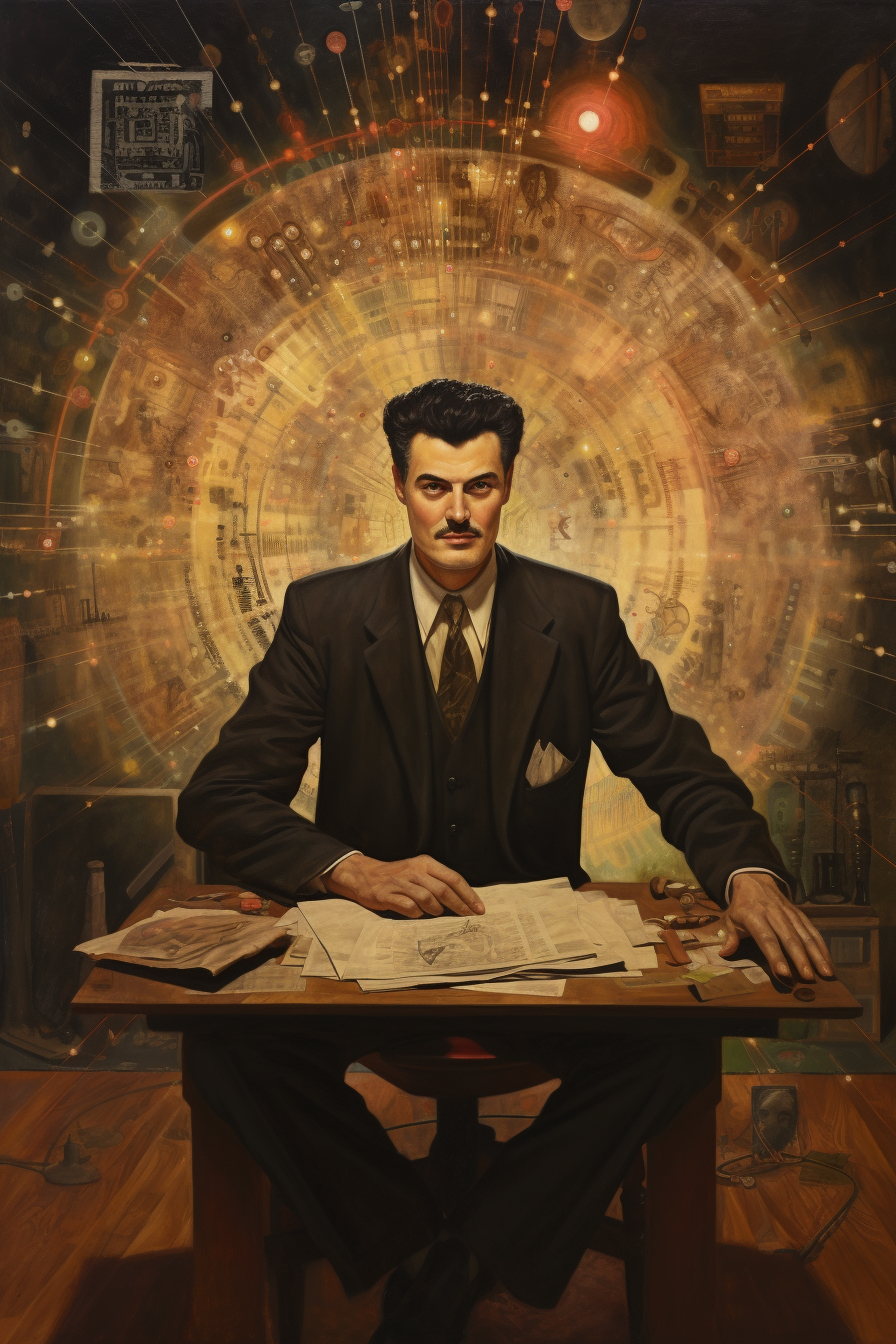
The V-12 Navy College Training Program:
As part of the V-12 Navy College Training Program, astrology classes were offered at the Great Lakes Naval Training Station. These courses aimed to develop well-rounded officers who could understand various factors influencing human behavior, including astrological influences.
Conclusion:
Although occult influences within the Allied forces during World War II were not as extensively documented or publicized as those within the Axis powers, they did exist to a certain extent. Figures such as Dion Fortune, Winston Churchill, and the Ghost Army provide glimpses into the occult interests and practices among the Allies. These examples underscore the diversity of beliefs and approaches that coexisted within the wartime context. Ultimately, while the occult did not define the Allies’ strategies or operations, one can easily imagine it balancing the scales against the black magick of the Third Reich.


